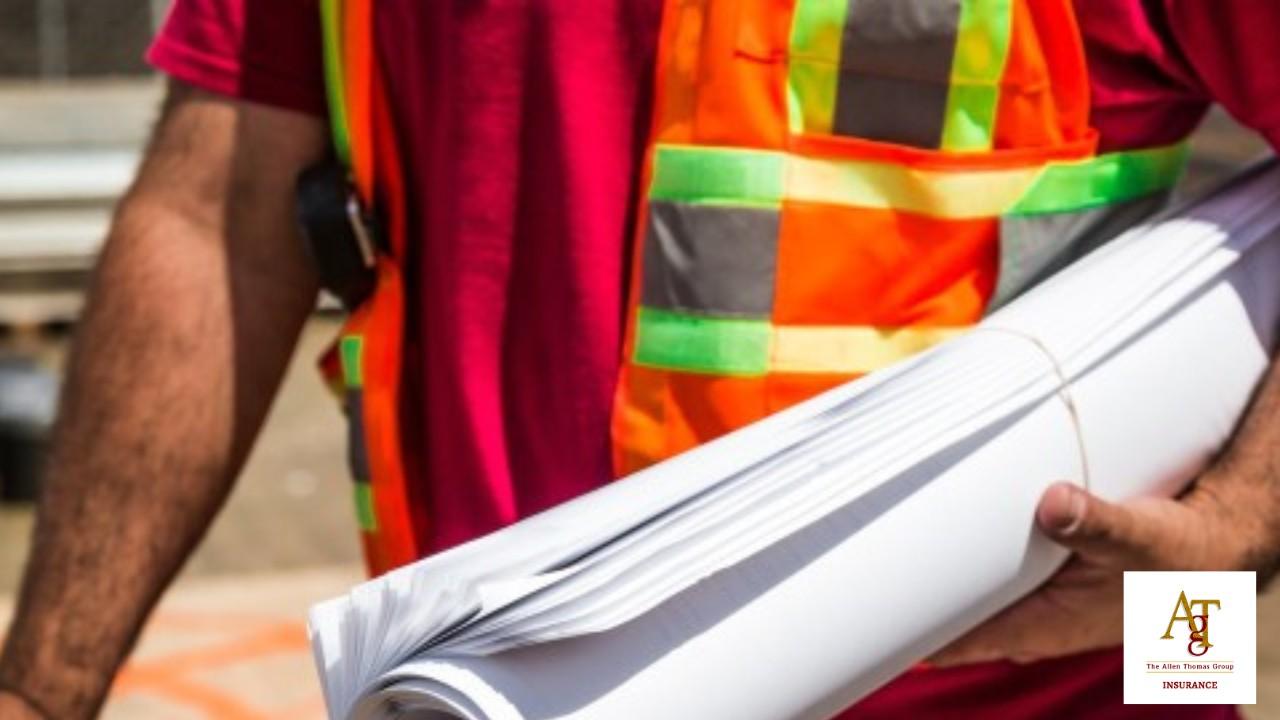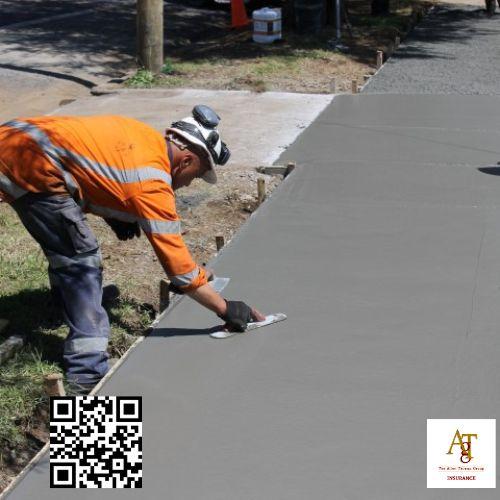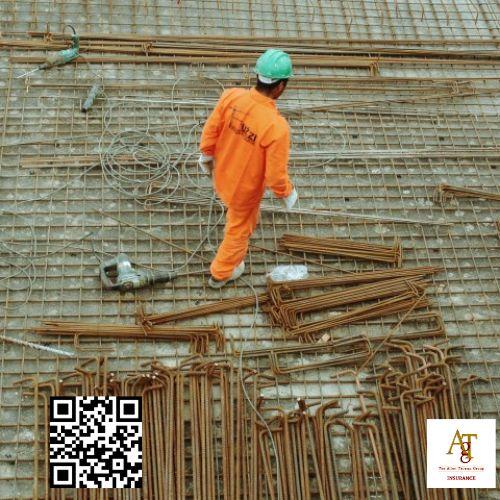Workers' Compensation Insurance: This coverage is essential for contractors who have employees. Common trades that need contractors insurance include:Even if it isn't required by contract, having insurance is always prudent.
While insurance is an expense, it's the most vital investment you'll make to protect your business. Here are three types of coverage that contractors should consider:General Liability Insurance: This type of coverage protects contractors against claims of bodily injury or property damage that may arise during the course of their work. Contractors need comprehensive coverage against professional and pollution liability risks due to professional acts, errors or omissions. Contractors need comprehensive coverage against professional and pollution liability risks due to professional acts, errors or omissions.
Contractors insurance typically covers business liability exposures related to injuries sustained on client property by your business and is therefore covered by general liability coverage as an essential element of contractors insurance policies. That said, average costs for key coverages fall into these ranges:General liability: $25-$120 per month per $1 million in coverageWorkers' comp: $15-$50 per $100 of payrollBuilders risk: 0.3% - 2% of project valueBusiness auto: $150 - $350 per vehicle per monthUmbrella: $300 to $500 per $1 million in extra coverageMany factors determine your precise rates. Policies that fit your unique responsibilities and exposures – whether you’re a private, public, nonprofit or a financial institution. Legal Defense: Contractors need to have a solid legal defense strategy in place to protect themselves from potential liabilities. Legal Defense: Contractors need to have a solid legal defense strategy in place to protect themselves from potential liabilities.
Call us or start a quote online today. That’s why our insurance experts will work with you to customize a policy just for your business, so you only pay for the coverages you need. Certain The Allen Thomas Group companies may be paid as licensed agencies by insurers for providing services they enlist our assistance with. In the event that a third-party brings a claim against one or more additional insureds for work done for their business, general liability policies offer coverage for attorneys' fees, court costs, settlements or judgments awarded to additional insureds. In the event that a third-party brings a claim against one or more additional insureds for work done for their business, general liability policies offer coverage for attorneys' fees, court costs, settlements or judgments awarded to additional insureds.
Timelines, change orders and contract administration add to your concerns. It helps shield them from costly lawsuits while qualifying them for leases and contracts. Learn more about what general liability insurance covers. Here, you'll find straightforward answers for all your queries about coverages, pricing and more. Here, you'll find straightforward answers for all your queries about coverages, pricing and more.
Contractor Insurance





